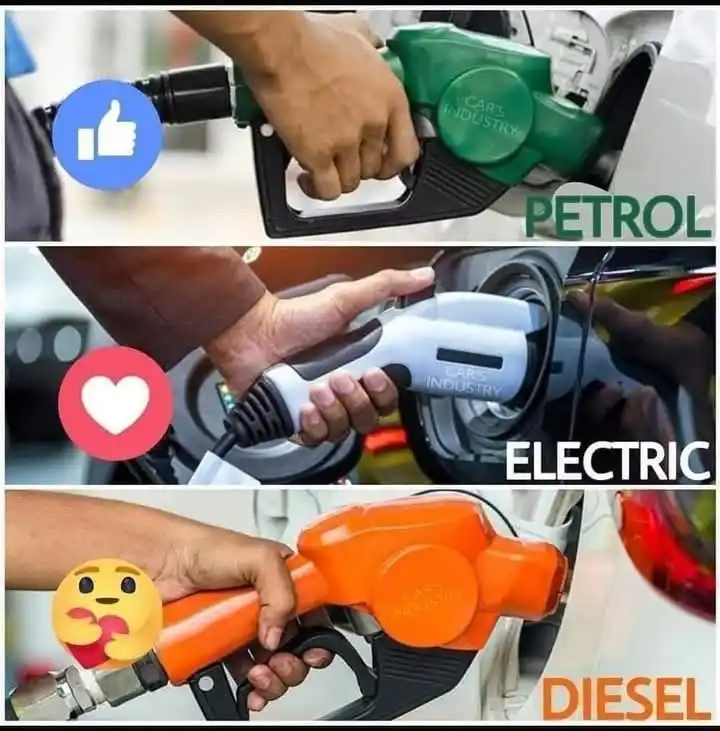
Memo Makanika
May 31, 2025 at 06:22 AM
Petrol-powered cars are the most common globally, known for delivering a balance of performance, availability, and relatively lower initial cost. They tend to have quicker throttle response and are favored for smaller, lighter vehicles. However, they burn cleaner than diesel but still contribute heavily to CO₂ emissions, and fuel economy isn’t their strongest trait compared to the alternatives.
Electric vehicles are gaining ground fast, offering instant torque, silent operation, and zero tailpipe emissions. With fewer moving parts, they also require less maintenance. The downsides come from limited range, longer charging times compared to refueling, and reliance on charging infrastructure and battery mining, which comes with its own environmental concerns. Still, for city driving and daily use, EVs are becoming the go-to choice in many regions.
Diesel engines are torque-heavy workhorses, often used in trucks, SUVs, and long-haul vehicles due to their superior fuel efficiency and pulling power. While they emit less CO₂ than petrol engines, they release more nitrogen oxides and particulates, which have raised concerns over air quality. In recent years, diesel has seen a decline in popularity, especially with tightening emissions regulations and urban restrictions in many parts of the world.

❤️
1